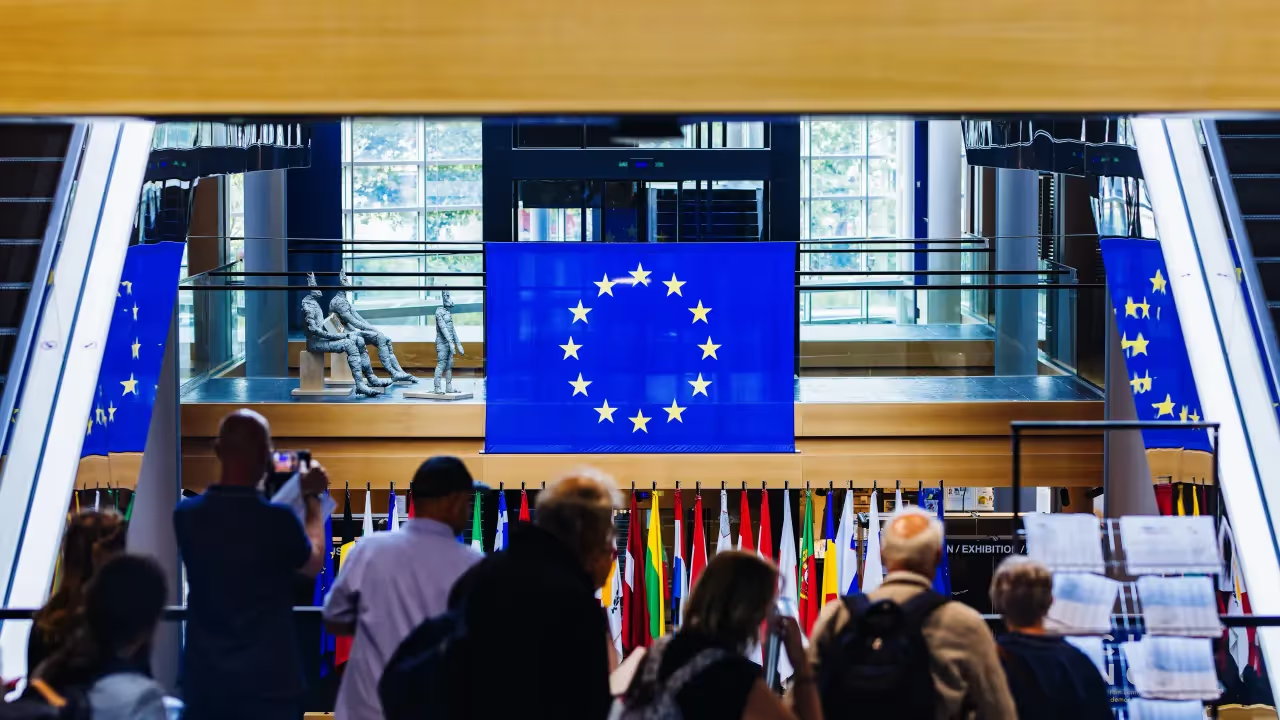The European Commission said the AI Act requires model providers to assess and mitigate systemic risks, such as risks to fundamental rights and safety, including what happens if control of an AI model is lost.
The European Union on Thursday published a final version of its voluntary code of practice for general-purpose artificial intelligence, a framework expected to shape how major AI providers such as Alphabet (GOOG/GOOGL), OpenAI, and Elon Musk’s xAI operate within the 27-nation bloc.

On Stocktwits, retail sentiment around Alphabet’s stock had improved to ‘neutral’ from ‘bearish’ a day ago. Retail sentiment around OpenAI also moved to ‘neutral’ from ‘bearish’, while sentiment around xAI remained unmoved in ‘neutral’ territory.
The code has been developed by 13 independent experts, combining inputs from over 1,000 stakeholders. It has three chapters – ‘Transparency’, ‘Copyright’, and ‘Safety and Security’.
“Some general-purpose AI models could carry systemic risks, such as risks to fundamental rights and safety, including lowering barriers for the development of chemical or biological weapons, or risks related to loss of control over the model,” the Commission said explaining that the AI Act mandates that model providers assess and mitigate these systemic risks.
The European Commission, the bloc’s executive arm, said that EU member states and the Commission will now review the code before deciding whether to formally endorse it. Once adopted, AI developers and providers will have the option to sign on voluntarily.
A spokesperson for OpenAI said the company is currently reviewing the document before deciding whether to participate. Alphabet’s Google also acknowledged it is reviewing the code, saying in a statement, “Europeans should have access to first-rate, secure AI models when they become available, and an environment that promotes innovation and investment.”
The EU’s regulatory approach to AI has faced resistance from tech leaders and policymakers. CEOs of major European firms such as Mistral AI, ASML Holding (ASML), and Airbus recently called for a delay in enforcement, arguing that overlapping rules risk stifling innovation.
Tech giants have already been under heavy scrutiny in the EU since the Digital Markets Act (DMA) was enacted two years ago. Alphabet, Apple (AAPL), and Meta Platforms (META) have all been investigated for anti-competitive practices.
For updates and corrections, email newsroom[at]stocktwits[dot]com.<
Read also: Bitcoin’s Break Above $112K Triggers Largest Liquidation Since May, Bears Lose $470M
